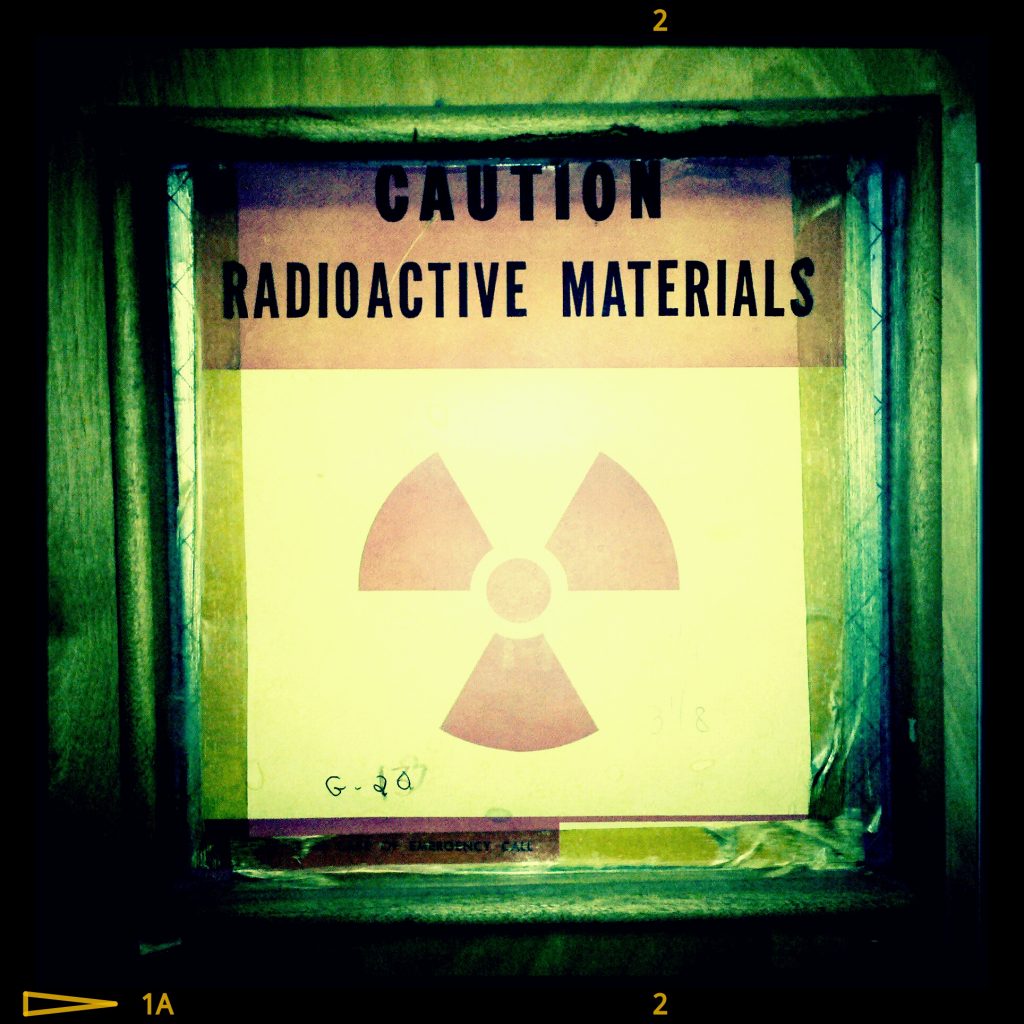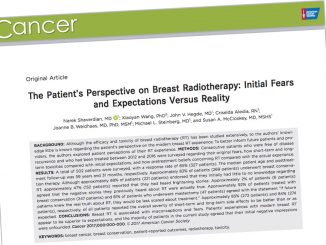The staff of a crematorium in the United States was contaminated after dealing with the dead body of one or more persons who had died right after a radiotherapy course, raising concerns about the risk for human ashes to become potential source of radioactive contamination. Radiation protection is a safety concern that must be imperatively addressed in the standard operative procedures for radiotherapy: the high radiation doses involved with therapeutic exposures have the potential to cause harm to those who benefit from the treatment as well as to health care staff.
 Thus, it is surprising to uncover that flaws exist in regulatory requirements for the use of ionizing radiation in medicine. A group of medical doctors from the Mayo Clinic located in Phoenix (USA) wrote a letter to the Journal of the American Medical Association reporting an incident occurred in Arizona when a man died shortly after the administration of a radiopharmaceutical. The patient, suffering from a pancreatic neuroendocrine tumour, was injected with Lutetium-177 dotatate at an Arizona hospital. The following day he was admitted for hypotension at a different hospital, where he died two days later because of the tumour.
Thus, it is surprising to uncover that flaws exist in regulatory requirements for the use of ionizing radiation in medicine. A group of medical doctors from the Mayo Clinic located in Phoenix (USA) wrote a letter to the Journal of the American Medical Association reporting an incident occurred in Arizona when a man died shortly after the administration of a radiopharmaceutical. The patient, suffering from a pancreatic neuroendocrine tumour, was injected with Lutetium-177 dotatate at an Arizona hospital. The following day he was admitted for hypotension at a different hospital, where he died two days later because of the tumour.
The man was cremated five days post-treatment. Only at a later stage, treating physicians and the radiation safety department discovered what happened. One month after the patient was treated with the medicinal radiocompound, a survey of the cremation equipment was performed. In addition, radioactive exposure of crematory employees was investigated. The crematory equipment resulted contaminated. The urine of crematory operators, although negative for lutetium-177, was positive for technetium-99m, an isotope he was never exposed to for medical purposes.
The authors of the letter speculate that the crematory operator was exposed to technetium Tc 99m while cremating another body. “Regulations for cremation of exposed patients vary by state, as well as internationally, and there are no regulations at the federal level in the United States – the authors explain – Future safety protocols for radiopharmaceuticals should include postmortem management, such as evaluating radioactivity in deceased patients prior to cremation and standardizing notification of crematoriums”.





